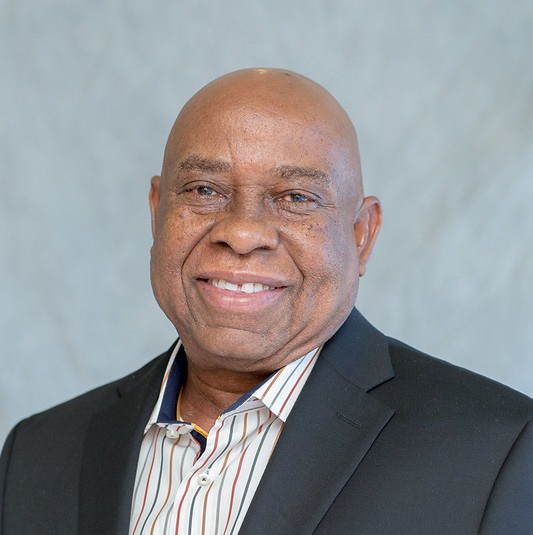
An economist, Dr Godwin Nwabunka, who is founder/chairman of Board of Trustees (BoT) of ‘Grooming Centre,’ a non-governmental organisation, has urged governments at all levels to create the enabling environment to attract more investments in tertiary institutions, especially in the rural communities.
This, he said, would help accelerate development in the rural areas.
Nwabunka, who is the founder of Amadeus University (ADU) located in Amizi community in Ikwuano Council, Abia State, named access roads, power, water, communication, security and right policies as some of the necessary tools that governments could use to attract investments in the rural areas.
Nwabunka said that he established ADU in continuation of his commitment to empower the poor through sustainable financial inter- mediation, saying that he realised that education is a major tool for empowerment and driving people out of poverty.
Speaking while unveiling the programme for the new university’s academic activities, which will take off in September with 500 pioneer students, the Vice Chancellor of the school, Professor Samuel Nzotta, said the National Universities Commission (NUC) has approved six courses across four faculties and 13 departments for the school.
He added that all the students will be accommodated in two already built and furnished hostels with 208 rooms capacity at two students per room.
Nzotta said that ADU’s vision is “to produce globally competitive, morally sound and practically-oriented graduates that will positively impact on society’s sustainable development.
He disclosed that ADU was granted provisional licence by the NUC in 2023 following a successful resource verification after the then chairman of the Planning and Implementation Committee, Professor Akaneren Idem Essien, submitted to the NUC the academic brief for the establishment of school.
He said that ADU, being a global brand, has been conceived as a digitalised university, hence ICT will be key driver of all its services and operations. In this regard, he added, digital platforms have been developed for students’ e-admission, e-registration, e-payment, e-Library, e- transcript, including that for e-governance, consisting of e-senate and e-council to improve efficiency.
The don disclosed that arrangements are on to set up structures for e-learning and teaching before the end of the 2024/2025 academic session, adding that there is free internet facilities on the campus with all digitalized records, results and archival materials.
According to the VC, the fees charged students are highly competitive and comparable to others in some top private universities and range from N800,000 to N1.3 million and up to N2.43 million for Nursing Science and courses requiring laboratory and workshop.
He also said that there is provision for Comprehensive Health Insurance Scheme for staff and students, with CCTV cameras installed strategically in the campus and around students hostels for security monitoring.






